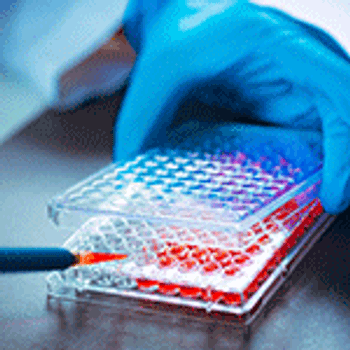
Advanced data analytics, including statistical modeling and machine learning technique, can enable more efficient and reliable bioprocesses.

Advanced data analytics, including statistical modeling and machine learning technique, can enable more efficient and reliable bioprocesses.

This latest round of funding adds 14 new technology projects, workforce development, and Global Health Fund projects to NIIMBL's portfolio.

Experience, communication, collaboration, transparency, planning, and prioritization contribute to success.

The new patented process results in uniform, scalable production and the ability to deliver cell cargo similar to natural exosomes/extracellular vesicles.

Better understanding and control of cell behavior is yielding benefits, upstream and beyond.

The trend toward personalized medicines includes more complex manufacturing cycles that can benefit from advanced process modeling early on in the therapeutics’ development.

While cell and gene therapies differ in many ways, some of the best practices for process development and validation are similar.
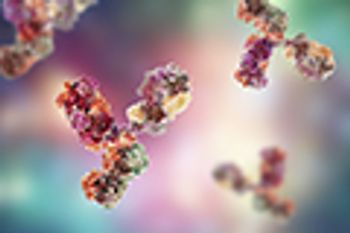
Downstream process development and manufacturing play a crucial role to ensure safety, quality, identity, purity, and efficacy.

In batch production, efficient exception management means reducing the time required to identify, review, and resolve process exceptions. Incorporating review by exception functionality within manufacturing execution system (MES) software can streamline biopharmaceutical product release.

Bob Lenich, Emerson's business director for global life sciences, shares insights on where biopharma modeling is now, and where it is heading in the near future.
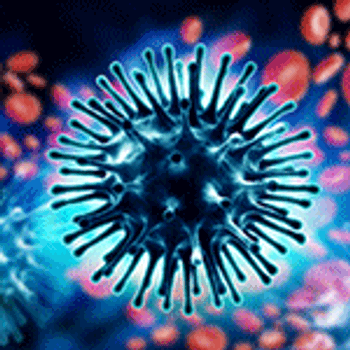
The authors of this study demonstrate an innovative method that is useful and complements traditional HA assays.

Manufacturing differences between traditional mAb therapies and newer biotherapeutics dictate whether processes should be scaled up, scaled out, or use an alternate approach for commercial production.

The use of scale-down models allows for the theoretical optimization of processes and for troubleshooting problems during the developmental stage.

The partners have developed a scalable, cost-effective purification process for adeno-associated viruses.

A new educational platform by Quality Executive Partners offers on-demand digital courses with technical content, virtual reality, and real-time coaching with an initial focus on sterile product manufacturing and microbiology.

The new program, Cornerstone, integrates process development expertise and novel technology to remove development bottlenecks in the manufacture of gene therapy medicinal products.

The companies aim to integrate glucose sensing with insulin delivery technologies to help change the way diabetes is managed.

The companies plan to create a new curriculum focusing on single-use applications training, cell therapy technology, process efficiency strategies, process development methodologies, and chromatography proficiency.

In an effort to secure a continuous, sustainable supply of an important vaccine ingredient, Agenus is turning to a plant cell-based cell culture method for production.

The evolution of cell-culture technology is driving the need for improvements in modeling solutions.

A collaboration between Insilico Biotechnology and IFAT aims to develop a manufacturing, planning, and control system for the production of monoclonal antibodies.
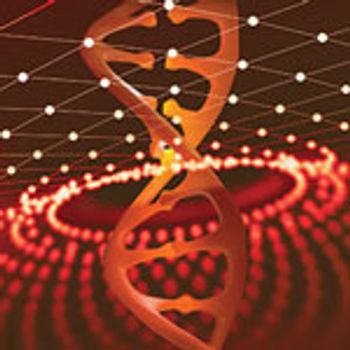
Now that the first genetically modified cell therapies are being manufactured, the industry must move beyond “whatever works” to meet growing demand.

NIIMBL announced it is partnering with FDA through the University of Delaware to improve biopharmaceutical manufacturing.
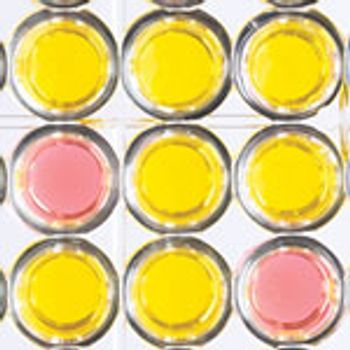
In this study, a novel aldo-keto reductase was cloned and purified, and its important conserved sites were analyzed.

MilliporeSigma event scheduled to recognize biotech challenges and support development potential.